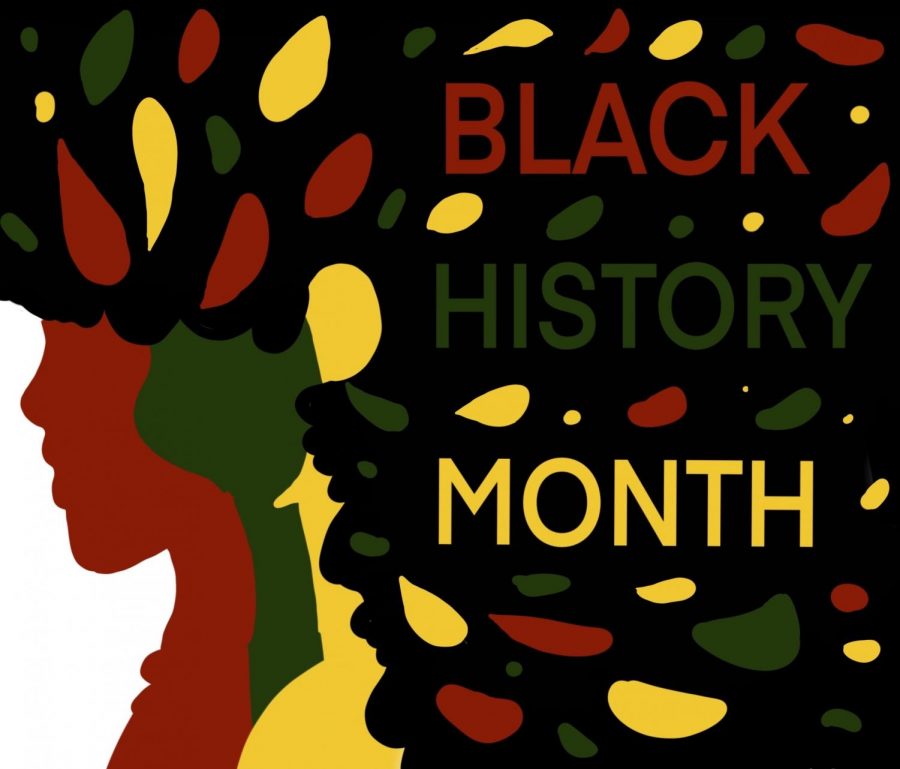Black History Month
What should we be doing to celebrate Black History Month?
February was declared Black History Month in the United States in 1926, and it is a month dedicated to learning about black authors, musicians, activists, and inventors, among others. During this month, there is an increased emphasis on networks to recognize black voices through documentaries on channels such as CBS and the History Channel. Despite all of the national celebration and recognition of this month, schools should make it a point to do their due diligence of educating their students.
LHS, in years prior, has not done a great deal to recognize Black History Month. There is more that can be done. “It is important that we give accurate, unfiltered information about black history, and we should not only do it for one month out of 12. There is a cycle that is repeated, and we need to break it. My peers should be able to understand me when I tell them that racism is very much alive and that discrimination is real. Oppression is still ongoing in America,” Sahdae Burke, senior Diversity Council District Representative, stated passionately. Although, informing students of the unheard sides of American history should not begin in high school; it needs to start from a young age when kids are most influenced. “It is important to start at a young age. [Schools] could even have speakers come in and talk about how we, as a school, can do a better job,” commented Yasmine Afzali, freshman Diversity Council District Representative. “[Conversations] from a young age are important because I do not see many of my peers or teachers or anyone around me, really, going out of their way to acknowledge the horrific situations black people have endured throughout the years,” added Burke.
In addition, New York State’s curriculum needs to have a more thorough, complete description of the narrative black people are given in history books. For much of students’ educational careers, they are taught the same information about slavery and given the notion that racism ended after the civil rights movement in the 1960s, and slavery ended after the Emancipation Proclamation. However, given current events, that is evidently not the case. Additionally, students are taught to idolize the same people that largely contributed to the mistreatment of America’s underrepresented groups. Now, especially, students are left to “learn” about history from unreliable sources such as social media. “New York State curriculum does not do an effective job of teaching accurate, unbiased history of black people; I learn more on Facebook and the Internet, as a whole, about our history,” stated Burke. Afzali added, “Although they touch on the subject, it is not enough.” John Cornicello, U.S. History and AP American Government and Politics teacher, commented, “Although history teachers sometimes feel boxed in by the curriculum, it is up to us to make sure that students learn the ‘unheard voices’ of American history. That is, it is up to us to educate students about those who have been under-represented throughout history, whether it’s in the curriculum or not.”
On a positive note, LHS has made increased efforts to engage and understand its minority student body by introducing a Diversity and Inclusion Student Council this year where students are given the chance to share their experiences of racism and mistreatment and how the school should increase its awareness. Additionally, for Black History Month, there will be an assembly, and these efforts are steps in the right direction.

I am part of the Class of 2021 at LHS. I am in Key Club. I have a dog named Bandit, and I went to elementary and middle school in Queens.






















